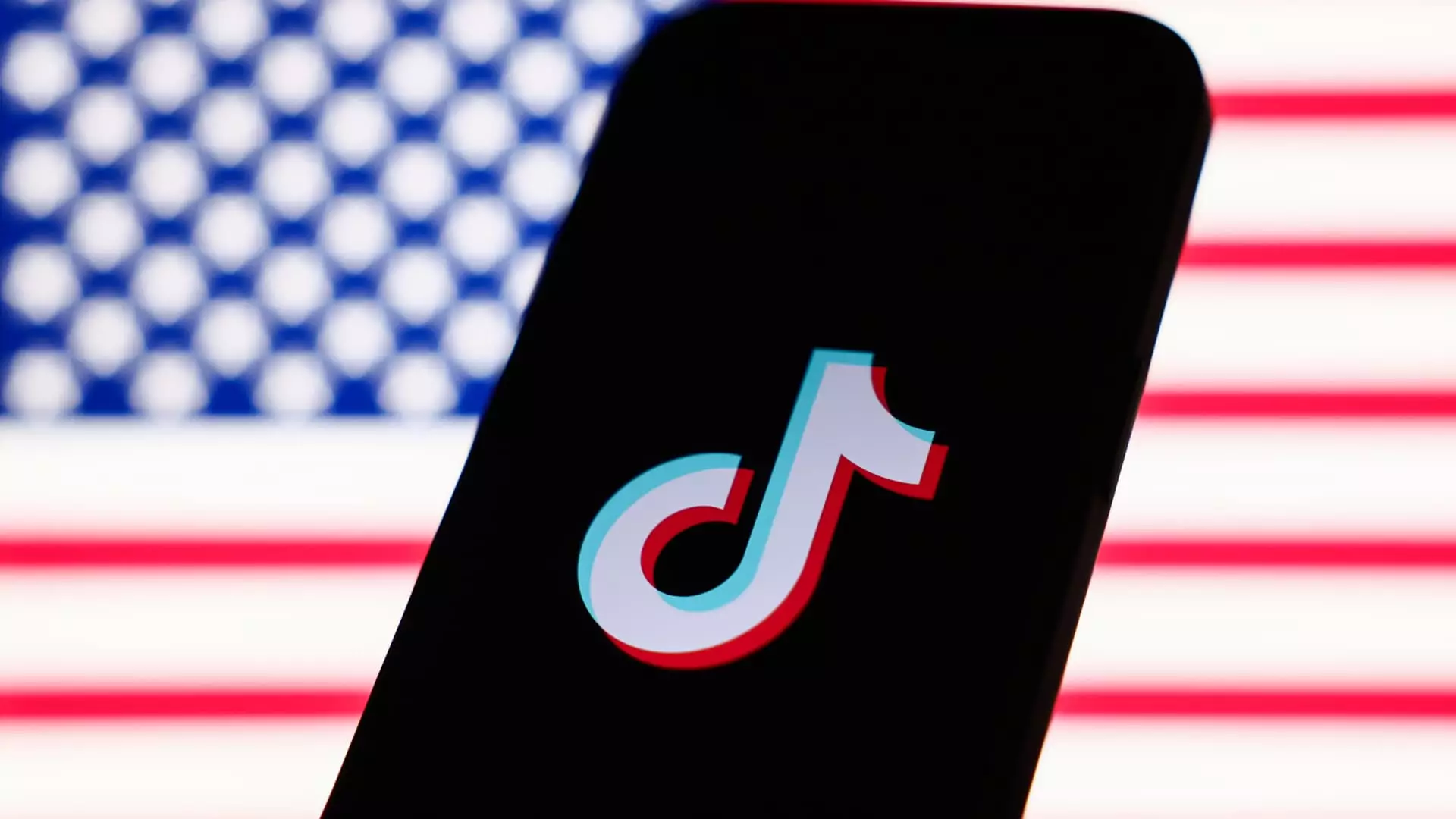As TikTok faces increasing pressure in the United States, the odds of a major transition loom over the popular app’s future. The looming possibility of a U.S. ban, contingent on the Supreme Court’s rulings regarding a national security law, has ignited speculation about the potential sale of TikTok’s U.S. operations by its Chinese parent company, ByteDance. Such a move could attract high-profile investors, yet it brings intricate challenges that must be navigated by prospective buyers.
The crux of the situation lies in American legislators’ departure from TikTok. If the Supreme Court supports the national security legislation, platforms like Apple and Google could be penalized for hosting the app, making its continued operation in the U.S. highly precarious. Although ByteDance has yet to announce any firm plan to sell TikTok’s U.S. arm, various scenarios are being entertained, including the possible interest from Elon Musk, the CEO of Tesla and SpaceX.
Analysts are grappling with the valuation of TikTok’s U.S. business amid this climate of uncertainty. CFRA Research’s Angelo Zino recently presented an estimated price tag of $40 billion to $50 billion for the U.S. operations based on its user base and revenue streams compared to competitors. With approximately 115 million monthly mobile users in the U.S., TikTok has a solid standing, trailing only Instagram. Notably, a price evaluation of this magnitude represents a significant decrease from Zino’s prior estimation of over $60 billion earlier this year, primarily impacted by the current geopolitical climate surrounding TikTok and a general decline in industry multiples.
However, one critical aspect that complicates potential sales is the exclusion of TikTok’s recommendation algorithms from any acquisition deal. These algorithms, pivotal to the app’s functionality and user retention, are often cited in discussions of national security as they potentially link to data practices scrutinized by U.S. authorities. As a result, the purchaser would lack access to one of TikTok’s most competitive edges.
Bloomberg Intelligence offers a contrasting viewpoint on TikTok’s value, estimating it between $30 billion and $35 billion. This reflection aligns with the belief that a forced sale, accompanied by regulatory pressures, inherently discounts the price of the asset. Even more troublesome for bidders is the requirement to contend with intense scrutiny over data handling, which could limit their ability to effectively manage TikTok’s advertising revenue. The complexity of these market dynamics creates a challenging landscape for potential suitors.
Earlier this month, a consortium featuring billionaire Frank McCourt and Kevin O’Leary, known for his role on the television show “Shark Tank,” expressed a willingness to acquire TikTok at around $20 billion—though they aim to do so without the app’s proprietary algorithms. O’Leary has projected that their bid could avoid the heavy weight of regulatory scrutiny that would likely accompany a Musk-led acquisition, thereby presenting an attractive alternative to potential investors.
The stakes surrounding TikTok’s future remain high as it navigates an increasingly hostile regulatory environment. The specter of government intervention can shape valuations that fluctuate dramatically in a matter of months. As speculations rise about prospective buyers like Musk or O’Leary, the outcomes will significantly depend on assessment of financial worth against the backdrop of shifting legislative attitudes.
One must consider not only the financial implications of buying a social media platform facing severe constraints but also the ethical ramifications of data handling and user privacy concerns that dominate discourse in the current landscape. Quick decisions in an environment rife with uncertainty present enormous risks. Ultimately, the sale of TikTok’s U.S. operations stands as a significant pivot point for both the company and the broader implications for international business in a world characterized by division and scrutiny.
As corporate players weigh their options in bidding for TikTok, it remains clear that the imminent landscape will require keen navigation through a complex and often treacherous legal atmosphere. The conclusion of this saga may not only reshape the retail value of TikTok but also redefine the relationship between global technology firms and the regulatory frameworks they must operate within.

